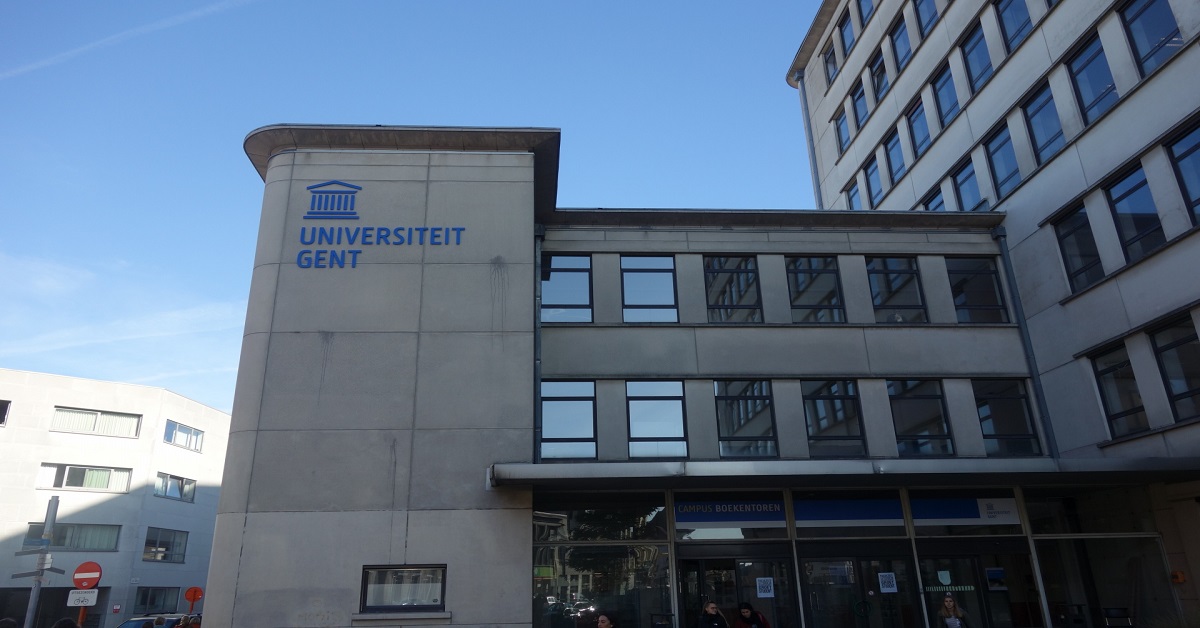
Postdoc in Materials, Textiles and Chemical Engineering, researcher having a strong background in vibration testing & analysis
Postdoctoral fellow
Last application dateJun 30, 2022 00:00DepartmentTW11 – Department of Materials, Textiles and Chemical EngineeringContractLimited durationDegreePhD in mechanical engineering, engineering physics, mechanics, materials science, computational mechanics, civil engineering or equivalentOccupancy rate100%Vacancy typeResearch staff
Job description
Additive manufacturing of metal alloys yields great potential for the aerospace industry (and others) as it allows the generation of geometrically complex structures with high specific strength, low density and high corrosion resistance. For example, General Electric has demonstrated the possibility of printing titanium fuel injectors for their LEAP engine, EADS has printed a nacelle hinge bracket for the Airbus A320, Boeing incorporated more than 300 printed parts in their 777X airplane … For such critical applications, the structural quality of printed parts is of utmost importance. Small deviations in print conditions, e.g. change in laser fluence, variation in powder quality, non-uniform gas flow, build position … may result in varying print quality, and even in inferior parts containing porosity, cracks, residual stress and geometrical deviations, amongst others. Current inspection protocol involves the use of X-rays, but this is a time-and cost-inefficient method for high-volume applications.
This 3-year RESON-AM project aims at developing a fast, practical and sensitive quality control technology for AM metal parts. The project is a close collaboration between several leading industrial partners (Materialise, Siemens and MatchID) and academia (KULeuven and UGent). The project is funded by SIM-Flanders (Strategic Initiative Materials in Flanders).
UGent will specifically focus in the project on the development and implementation of robust (non)linear resonant ultrasound spectroscopy procedures, coupled to deep learning algorithms, in order to assess the structural quality of printed metal parts in a fast and reliable manner. The current postdoc vacancy concerns the implementation and realization of a flexible and sensitive measurement platform using NI-PXIe technology. Piezo-electric sensors and/or (pulsed) lasers will be employed for excitation and subsequent acquisition of vibrations in a wide frequency bandwidth of 0-500 kHz. Both linear and nonlinear vibrational test approaches are of interest. Data analysis tools will be developed in order to interpret the (non)linear vibrational response and to extract (non)linear vibrational features (e.g. resonance parameters). These features will provide crucial information on part quality, and will give insight in the physical origin(s) of print variability.
Job profile
We search a mature researcher having a strong background in vibration testing & analysis, and large experience in experimental hardware and software (LabVIEW) implementation. The researcher will closely collaborate with another researcher at UGent who focuses on deep learning tasks, as well as with the researchers of the project partners.
How to apply
E-mail to Wim.VanPaepegem@UGent.be

![Academic Opportunities at Ontario Tech University [CA]](https://scholaridea.com/wp-content/uploads/2022/07/ontario-768x432.jpg)
![Academic Opportunities at Toronto University [CA]](https://scholaridea.com/wp-content/uploads/2020/06/University-of-Toronto-768x402.jpg)